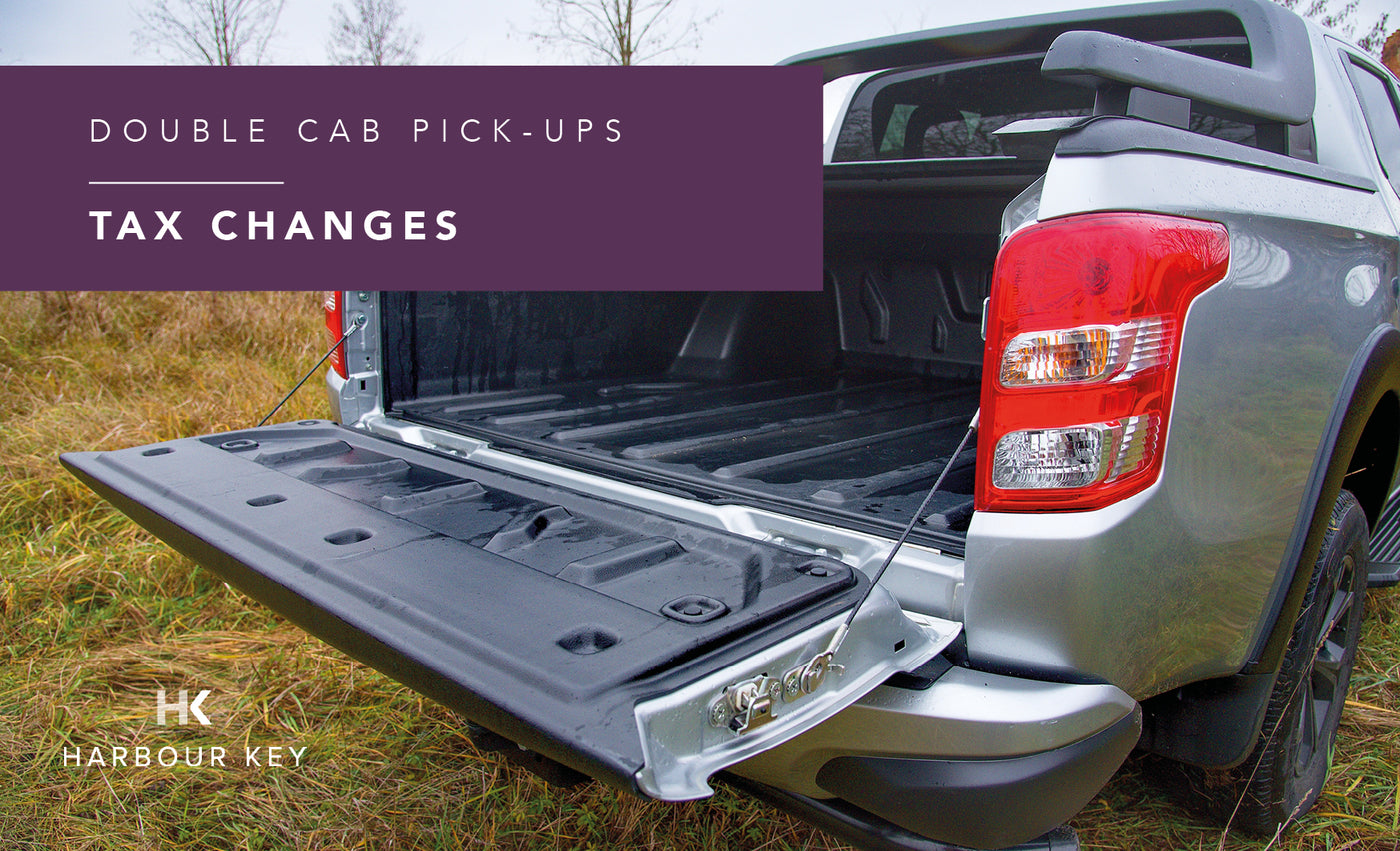
Double cab pick-ups with a load capacity of at least one metric tonne will no longer be treated as vans for benefit-in-kind and capital allowances purposes following the recent Budget. There are transitional arrangements for vehicles purchased, leased or ordered before 6 April 2025, which allow the current treatment to continue until the earlier of disposal, lease expiry, or 5 April 2029.
Since 6 April 2002, HMRC have interpreted the legislation that defines cars and vans for income tax in line with the definitions used for VAT, which excepts vehicles constructed to carry a payload of one tonne or more from the definition of a motor car for VAT purposes.
However, this treatment does not accord with either the current statute or recent case law applying the principles established by the Court of Appeal in Payne (Coca-Cola) case. The practical effect of this was that almost all double cab pick-ups would be treated as cars for income tax. The specific rationale is that where no clear predominant suitability for carrying goods can be identified, the default position is the vehicle is a car.
Following the Budget, there is no debate from April 2025, double cab pickup = car.
Impact on individuals – Benefits In Kind
From 06 April 2025, double cab pick-ups will be treated as cars for benefit in kind (“BIK”) purposes. This change is a significant impact for the employee.
Under the current tax regime, a double cab pick-up treated as a van attracts a much lower Benefit in Kind (BIK) charge. For example:
- Van BIK Rate: £3,960
- Van Fuel BIK Rate: £757
- Assessable income: £3,960 + £757 = £4,717
- Tax cost for Higher Rate Taxpayer (40%): £1,887
Following the change in April 2025 regime, a double cab pick-up treated as a car attracts rates based on CO2 emissions and the vehicle’s list price. Most double cab pick-ups will attract the highest CO2 emissions rate of 37%.
- Car BIK Rate: £40,000 list price x 37% = £14,800
- Car Fuel BIK Rate: £27,800 fixed fuel multiplier x 37% = £10,286
- Assessable income: £14,800 + £10,286 = £25,086
- Tax cost for Higher Rate Taxpayer (40%): £10,034
Capital Allowances
Double cab pick-ups will no longer benefit from the favourable Capital Allowance regime typically applied to commercial vehicles (100% tax relief against business profits), instead double cab pick-ups will be treated as cars. The Capital Allowances available for cars are based on emissions and for double cab pick-ups, will likely be as low as 6%, as most have high emissions.
VAT
As VAT was specifically not listed as changing, we expect that the VAT rules will remain as they currently are, a double cab pick-up with a payload of greater than 1 tonne, the businesses will be able to claim back the VAT on purchase.
Planning
The changes will apply from April 2025, but transitional arrangements will protect some existing provisions. Where a double cab pick-up is purchased, leased, or ordered before 05 April 2025, the old rules shall apply until the earlier of:
- Disposal of the vehicle;
- Lease expiration; or;
- 5 April 2029.
If you are coming to the end of life on a double cab pickup you may want to consider replacing this before April 2025, so that you can get the replacement vehicle under the current van rules, and these shall apply until April 2029.
Note, the April 2029 back-stop date when considering finance options on the vehicle. A lease/hire purchase that extends past this point will likely mean that you will suffer the car tax charges at some stage.
The tax changes are likely to result in the second-hand value of double cab pick-ups falling considerably, as many of these vehicles are sold and hit the market at a similar time.
To avoid the BIK charges, ensure that there is no private use on the vehicle. With cars, what is considered private use is much stricter. The vehicle would need to be left at the office at the end of the day, the keys kept in the office, and insurance documentation confirming no private use.
Should you need to discuss the changes, please do not hesitate to contact the office.



